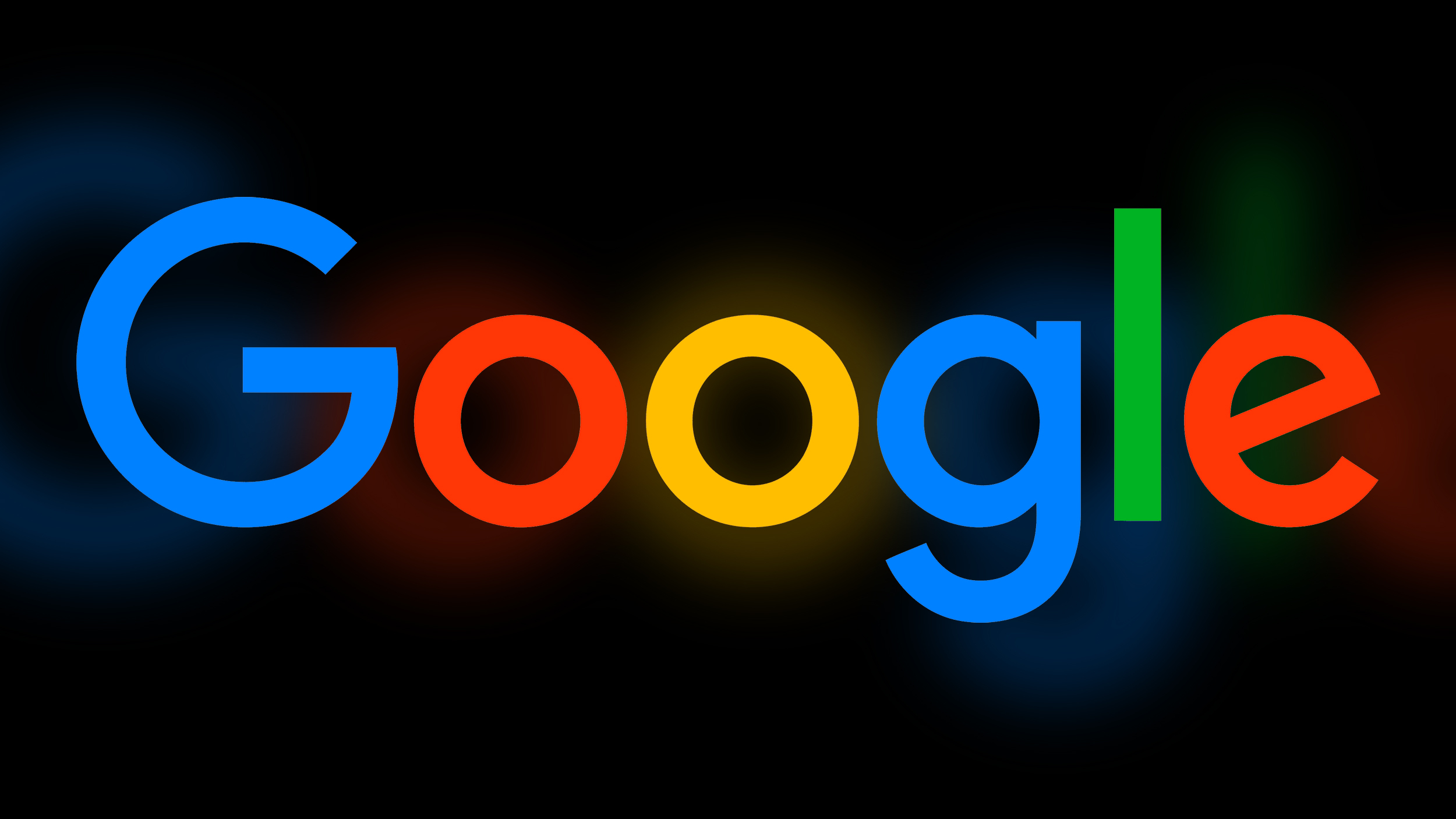![]()
While Apple largely won the lawsuit that Epic Games levied against it back in 2020, Google hasn't been as lucky. Google today failed to win an appeal in the ongoing Epic Games v. Google case, handing another victory to Epic.
As noted by
Reuters, a federal appeals court rejected Google's claim that the original court overseeing the antitrust case had made legal errors when finding in favor of Epic, which means Google will need to implement Play Store changes. Epic Games CEO Tim Sweeney said the company
had scored a "total victory" in the appeal.
Epic Games first
sued Google in 2020, right around the same time that it sued Apple. In 2023, a
jury unanimously agreed that Google had abused its power by operating an app store monopoly and charging developers exorbitant fees. Google then appealed, leading to today's loss.
As a result of the Epic Games lawsuit, Google will be forced to allow Android users to download rival app stores from the Play Store. Google will also be required to make the Play app catalog available to competitors.
Sweeney says that the Epic Games Store for Android will be coming to the Google Play Store, but Google plans to appeal again.
Article Link:
Epic Games Wins 'Total Victory' in Google Play Store Dispute



